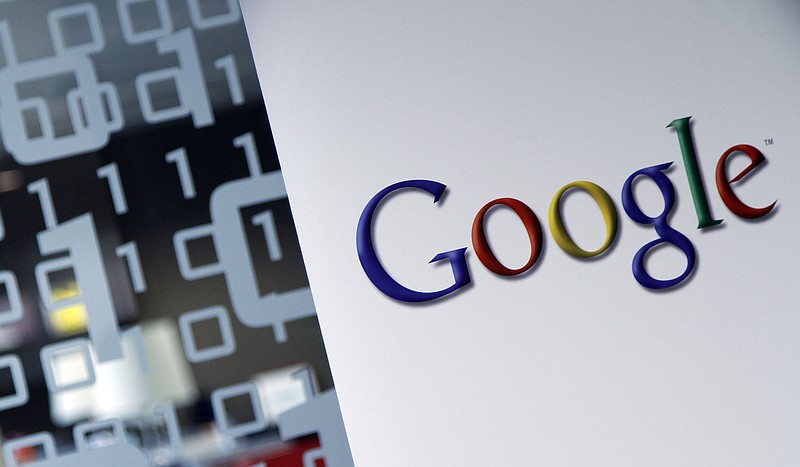It took the backlash of a presidential election to force Google and Facebook on Monday to announce efforts to halt the spread of "fake news" on the internet. The social media giants will do this by targeting how the purveyors of phony content make money: advertising.
The Google and Facebook announcements came on the heels of stinging criticism over the role fake news on those brand-name social media sites and Twitter played in the U.S. presidential election by allowing the spread of false and often malicious information that might have swayed voters toward Republican candidate Donald Trump, Reuters reported.
For instance, there was a fake story that claimed the Pope endorsed Trump. Still another fake headline on a fake news site called realnewsrightnow stated "Obama to issue executive order extending presidential term limits." No, the president cannot use an executive order to allow himself to remain president.
Even after the election, searching on the phrase "who won the popular vote" on Google returned a false news story on an obscure right-wing blog that stated president-elect Donald Trump had won the popular vote in last week's election.
He did not. Trump lost the popular vote by nearly 700,000 votes but won the Electoral College, according to The Associated Press.
Clearly this kind of malicious misinformation at the very least increases polarization in our country.
But the creators of these fake news sites and stories have more than just misinformation in mind. They are aiming at making money, too.
Over the weekend, Mark Zuckerberg, Facebook's chief executive, said 99 percent of what people see on the site is authentic, and only a tiny amount is fake news and hoaxes.
"Over all, this makes it extremely unlikely hoaxes changed the outcome of this election in one direction or the other," Zuckerberg wrote.
But Zeynep Tufekci, an associate professor at the University of North Carolina who studies the social impact of technology, begged to differ.
"A fake story claiming Pope Francis - actually a refugee advocate - endorsed Mr. Trump was shared almost a million times, likely visible to tens of millions," Tufekci said. "Its correction (on Snopes) was barely heard. Of course Facebook had significant influence in this last election's outcome."
How effective Google's and Facebook's new efforts will be remains to be seen. In effect, all they've done thus far is clarify their ad policies.
Google spokeswoman Andrea Faville acknowledged the foibles of search automations designed to rank news stories for searches - especially after the fake and false story of Trump's popular vote win rose to No. 2 in a search for who won the popular vote.
"The goal of search is to provide the most relevant and useful results for our users," Faville said in a statement. "In this case, we clearly didn't get it right, but we are continually working to improve our algorithms."
Reuters and The New York Times report that Google is working on a policy change to prevent websites that misrepresent content from using its AdSense advertising network, and Facebook updated its advertising policies to spell out that its ban on deceptive and misleading content applies to fake news.
Reuters makes it clear, however, that the companies are not addressing the fakeness or accuracy of the sites, but rather the site makers' ability to profit on gullible or misled readers who click on the bait.
The advertisers pay Google, and Google pays a portion of those proceeds to the website publishers. More than two million publishers use Google's advertising network, and ads that appear on the fake websites also appear on both satire or traditional news websites.
"Moving forward, we will restrict ad serving on pages that misrepresent, misstate or conceal information about the publisher, the publisher's content or the primary purpose of the web property," Google's Faville said.
But that will take more than algorithms. It also will take human reviews.
A whopping 62 percent of American adults get their news on Facebook and other social media, according to new research by the Pew Research Center. A more reliable approach would be to use the social networks to connect with friends and family, and to go directly to your favorite newspaper or cable website to stay up on national and international news.
If you do click on a social network page or a Google ad to investigate a juicy headline, look for confirmation of the story on a major news outlet's website. And most of all, don't be a carrier. If you can't confirm the story, don't share it.
Until (and if) Facebook, Google and Twitter get a handle on this, you, gentle reader, may be your own best protection.
